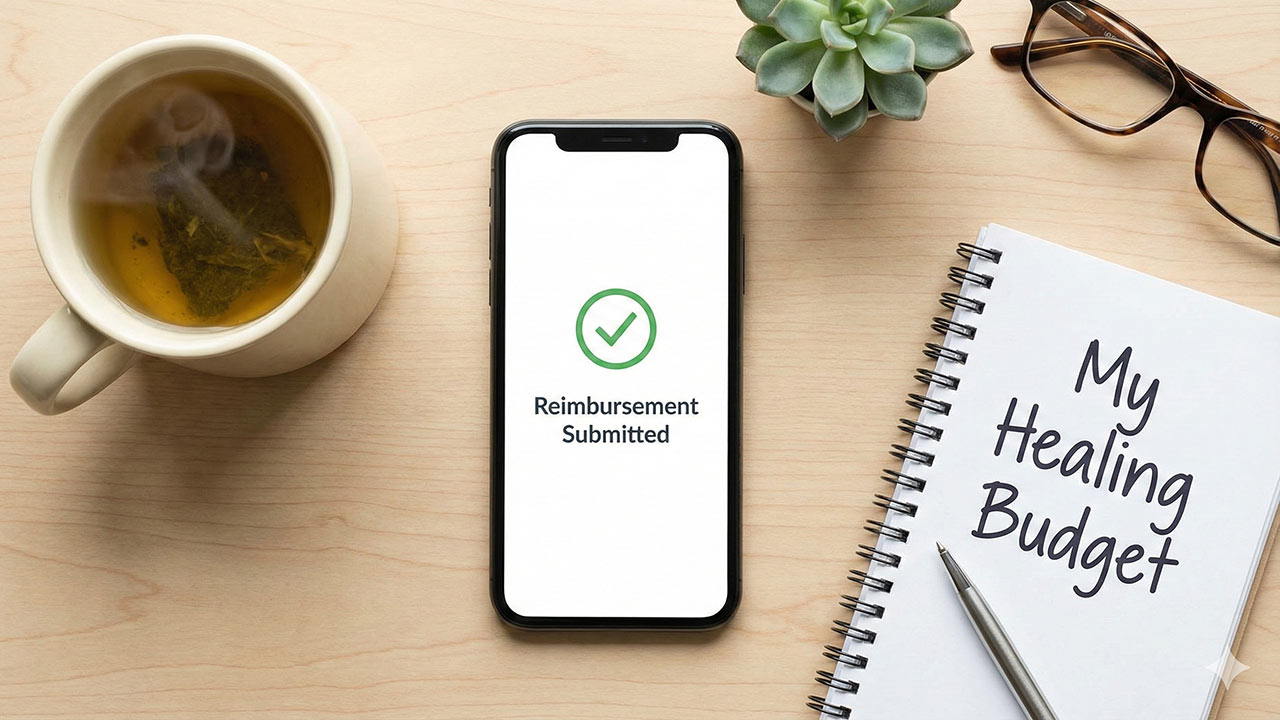Counseling can have a profound effect on improving mental health by offering individuals a space to explore their emotions, confront challenges, and develop healthy coping strategies. Through one-on-one or group sessions, people can address various issues, including anxiety, depression, and stress, under the guidance of skilled professionals. By providing support and tailored techniques, counseling helps individuals navigate difficult moments, achieve personal growth, and lead more fulfilling lives. For many, it becomes a crucial step toward building resilience and gaining a deeper understanding of their mental well-being.
How Counseling Supports Emotional Exploration
Counseling offers a safe, non-judgmental space where individuals can explore their emotions and understand their feelings on a deeper level. Through active listening and guided questions, counselors help clients uncover hidden emotions or unresolved issues that might be affecting their mental health. This exploration allows people to gain insight into their emotional responses and understand the root causes of their struggles.
In these sessions, individuals are encouraged to express emotions they might not have been able to share elsewhere. By recognizing and processing these emotions, they can start to heal and move forward. Emotional exploration is crucial for developing healthier coping mechanisms and improving relationships, leading to greater emotional clarity and personal well-being.
Addressing Anxiety and Depression Through Counseling
Anxiety and depression can feel overwhelming, but counseling provides a structured way to address these challenges. Counselors help individuals identify triggers, understand thought patterns, and develop strategies to manage symptoms. By creating a supportive environment, counseling allows individuals to face their fears, challenge negative thinking, and adopt healthier mental habits over time.
Through evidence-based techniques like cognitive-behavioral therapy (CBT) or mindfulness practices, individuals can learn to manage their anxiety and depression in a more effective way. Counselors also provide ongoing support, ensuring that clients have the tools they need to continue their progress outside of sessions. This guidance often results in improved emotional regulation and reduced symptoms, helping people feel more empowered in their everyday lives.

The Role of Counseling in Managing Stress
Stress is a natural part of life, but when it becomes unmanageable, it can affect all aspects of a person’s well-being. Counseling plays a pivotal role in helping individuals recognize their stressors and develop effective coping strategies. By breaking down overwhelming situations into manageable steps, counselors assist clients in regaining control and improving their response to stress.
Additionally, counseling provides practical tools for stress management, such as time management techniques, relaxation exercises, and problem-solving skills. Individuals learn how to reduce stress’s negative impact on their health and daily life. Over time, these strategies become second nature, helping individuals manage future stressors more effectively and maintain a balanced, healthier lifestyle.
Personal Growth Through Guided Counseling Sessions
Counseling isn’t just about overcoming challenges; it also offers opportunities for significant personal growth. Guided sessions allow individuals to set personal goals, explore their strengths, and discover new perspectives. Counselors provide encouragement and constructive feedback, fostering an environment where clients feel supported in their journey toward self-improvement.
This process can lead to increased self-awareness, confidence, and resilience. By consistently working with a counselor, individuals can overcome limiting beliefs, enhance their decision-making abilities, and develop a deeper understanding of their values and priorities. This growth often extends beyond the counseling sessions, enabling individuals to lead more fulfilling and purpose-driven lives.
How Counseling Fosters Resilience and Coping Skills
Resilience is the ability to bounce back from life’s difficulties, and counseling is a powerful tool for building this essential skill. Counselors teach individuals how to approach challenges with a positive mindset, helping them reframe setbacks as opportunities for growth. Over time, this shift in perspective enables people to handle adversity with greater ease and confidence.
In addition to fostering resilience, counseling helps individuals develop healthier coping skills. Through personalized strategies, clients learn how to manage difficult emotions, navigate stressful situations, and avoid harmful behaviors. As these coping skills become ingrained, individuals feel more prepared to face life’s challenges, resulting in a stronger sense of emotional stability and self-reliance.
The Benefits of One-on-One and Group Counseling
Counseling offers different formats, each with its own unique benefits. Both one-on-one and group counseling can provide valuable support and guidance, but they cater to different needs and preferences. Here are four key benefits of each:
- Personalized Attention in One-on-One Counseling: In one-on-one sessions, individuals receive personalized support tailored to their specific needs. This focused environment allows the counselor to dive deep into the client’s concerns, offering custom strategies and insights that address their unique circumstances.
- Increased Privacy and Comfort: For those who feel more comfortable in a private setting, one-on-one counseling ensures confidentiality. This can be especially important when discussing sensitive or personal issues, as individuals may find it easier to open up without the presence of others.
- Shared Experiences in Group Counseling: Group counseling offers the chance to connect with others who face similar challenges. Hearing different perspectives can be both validating and insightful, helping individuals realize they are not alone in their struggles.
- Building Social and Communication Skills: In group counseling, participants can develop better interpersonal skills. By interacting with others in a supportive environment, individuals learn how to express their feelings, actively listen, and give or receive feedback, which strengthens communication skills.
Understanding Mental Health Through Counseling
Counseling provides individuals with a clearer understanding of their mental well-being. By examining thought patterns, emotions, and behaviors, people can gain insights into their emotional state. Counseling offers a structured way to unpack difficult feelings, helping individuals make sense of their thoughts and actions, and encouraging more positive emotional regulation.
Additionally, counseling educates individuals about the broader aspects of mental health, including how daily habits, relationships, and external factors can impact their well-being. This increased awareness empowers individuals to make healthier choices and take proactive steps in maintaining their mental wellness. Understanding how mental health influences everyday life is the first step in achieving long-term emotional stability.
Counseling as a Path to Mental Well-Being
Counseling offers a valuable path to improving overall well-being, helping individuals address emotional pain, build resilience, and develop healthier thought patterns. Regular sessions provide individuals with the tools to understand themselves better, cope with life’s challenges, and foster healthier relationships. Counseling helps people develop greater emotional intelligence, which can improve all areas of life.
Moreover, counseling supports long-term mental well-being by teaching sustainable coping strategies. Whether it’s stress management, emotional regulation, or personal growth, the lessons learned in counseling are invaluable for achieving and maintaining a balanced life. Over time, individuals who seek counseling often experience more significant personal fulfillment and stronger mental resilience, contributing to their overall sense of well-being.
Conclusion
Counseling offers transformative support for improving mental health, providing essential strategies to overcome life’s challenges and cultivate emotional well-being. Through personalized care, counseling enables individuals to develop coping mechanisms, foster resilience, and navigate their emotions in a healthy, productive way. At Resilient Mind Counseling PLLC in Asheville, NC, we are committed to guiding you through your journey toward greater mental and emotional balance.
If you’re ready to make a positive change in your life, reach out to us at 828-515-1246. Our team is here to support your path toward mental well-being and lasting growth.














